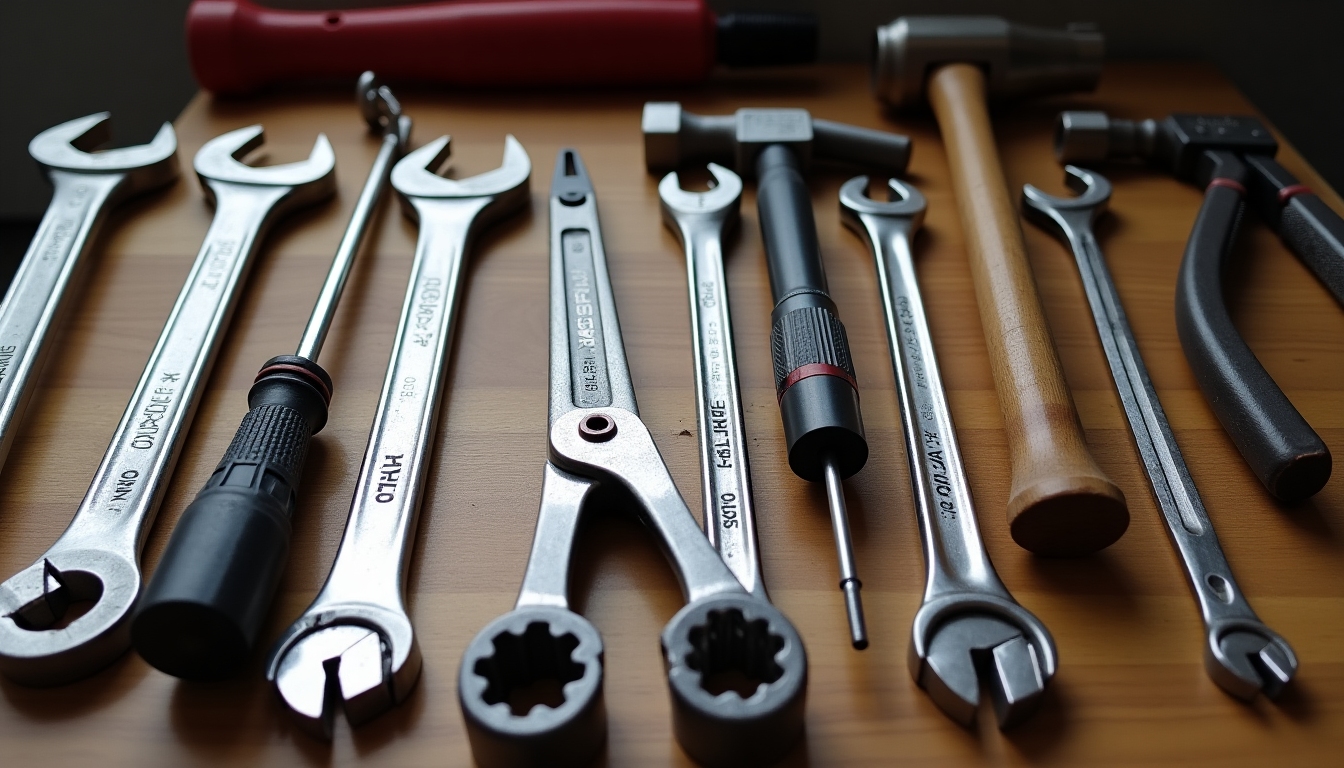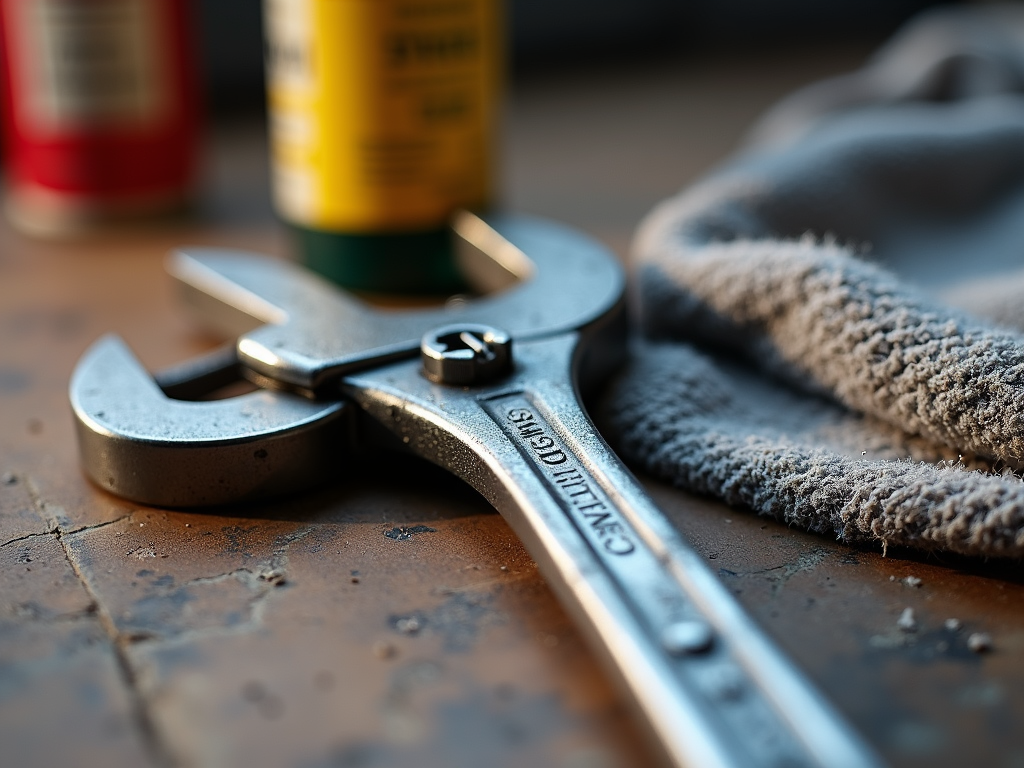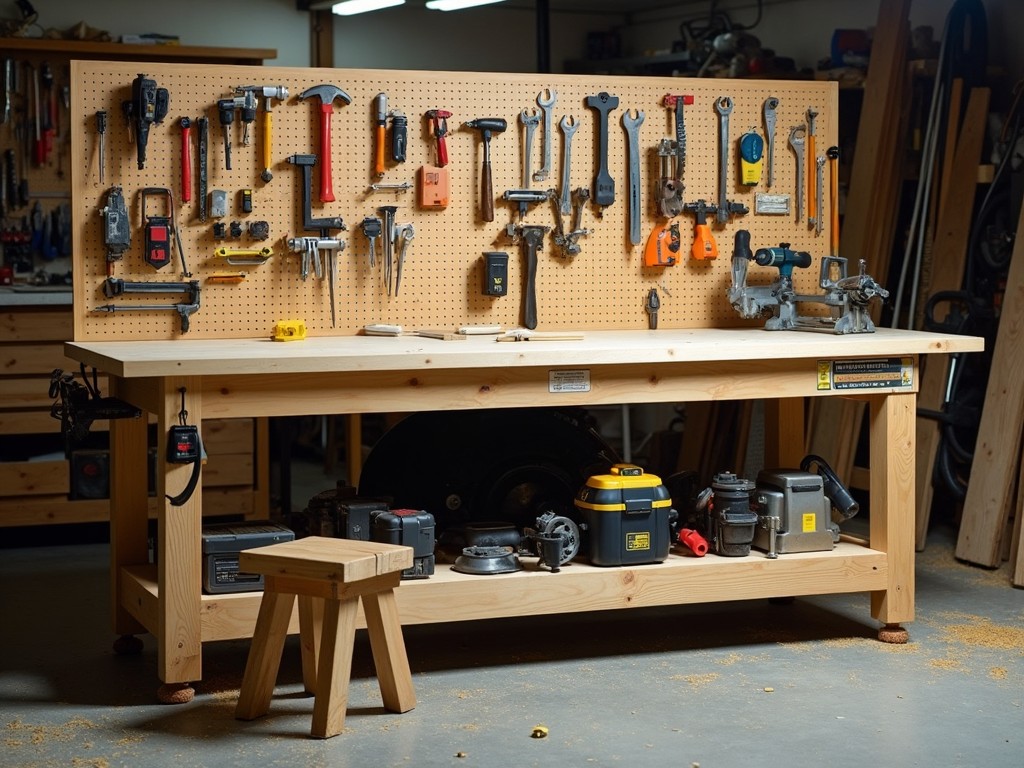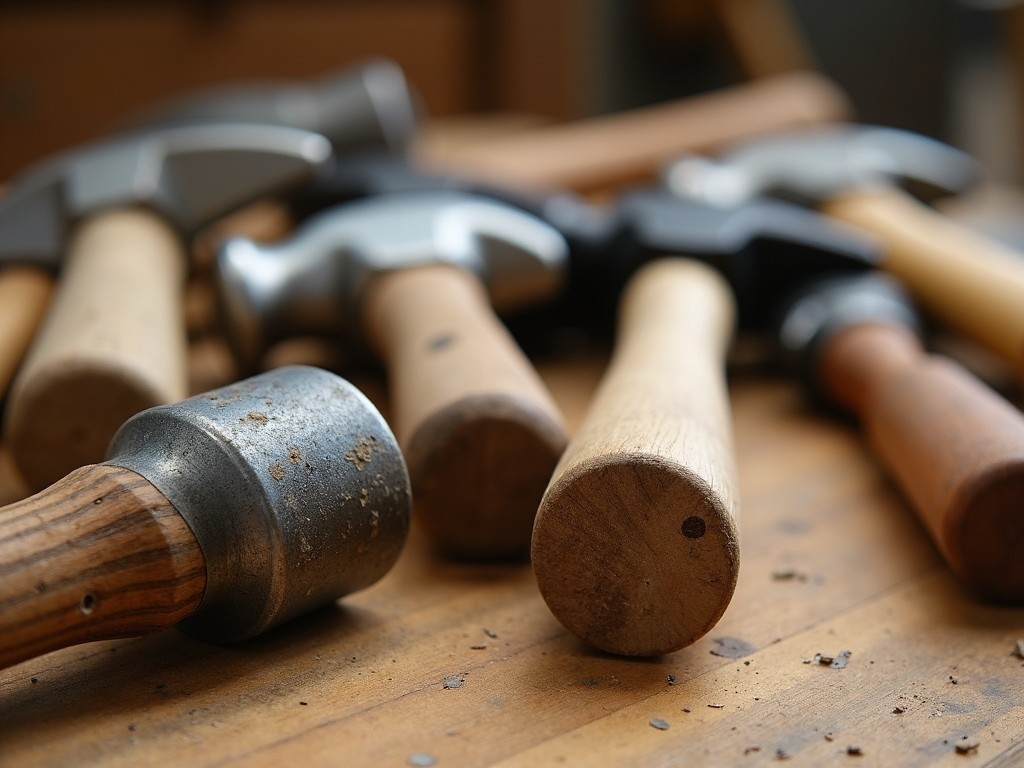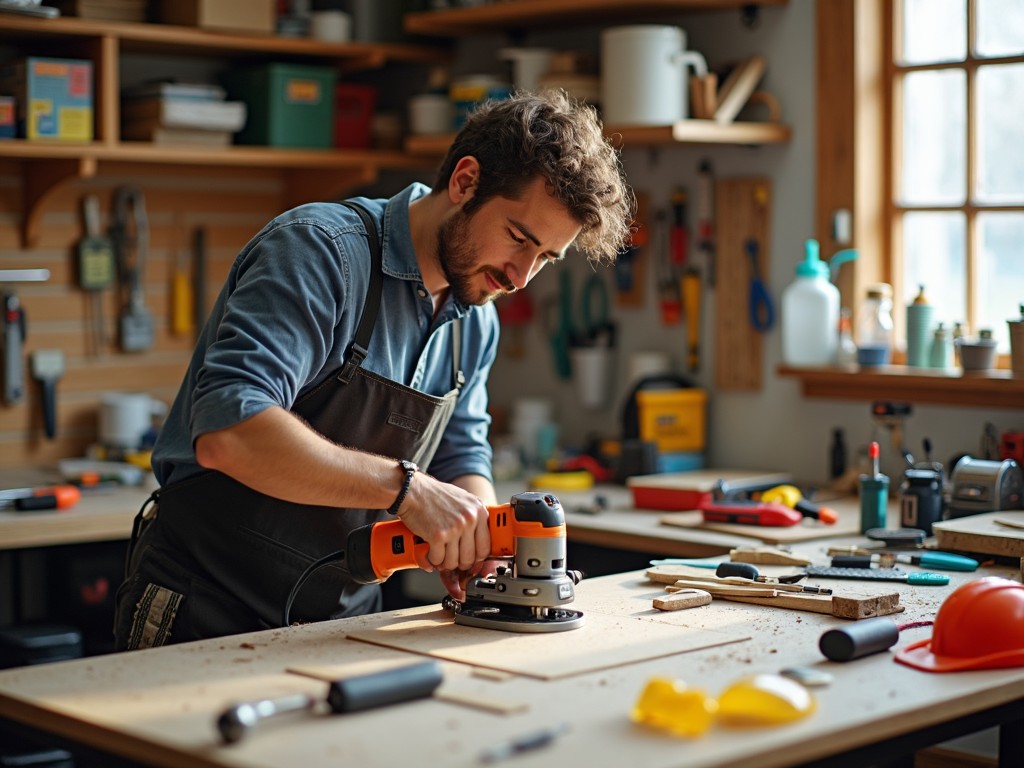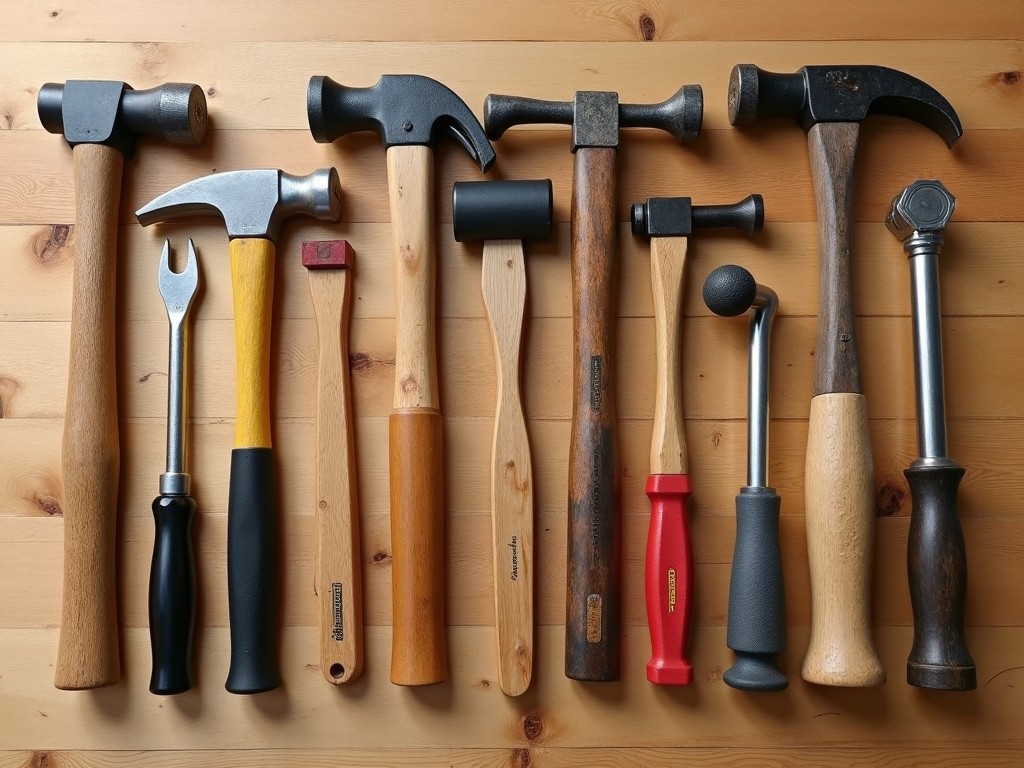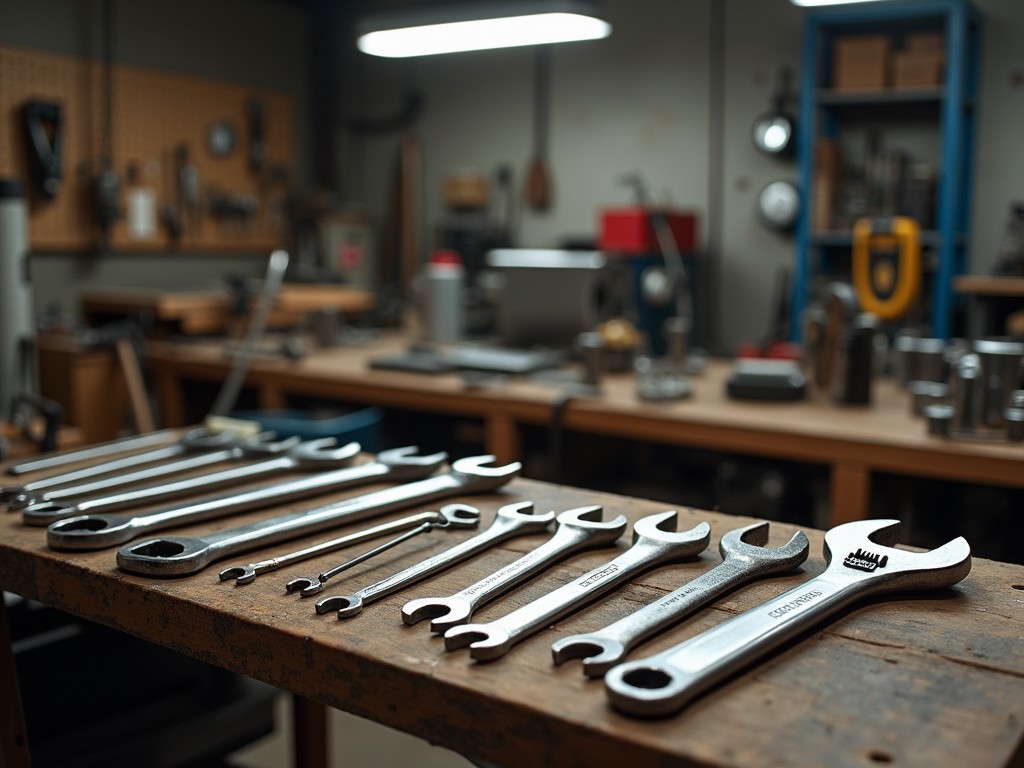Introduction to Workman Tools for Automotive Repair
Workman tools for automotive repair are essential for any mechanic or DIY enthusiast looking to maintain and repair their vehicles efficiently. In this guide, we'll explore the best tools, share experiences, and offer insights to enhance your automotive repair tasks.
As any seasoned mechanic can tell you, having the right tools makes all the difference. Whether you're a professional or a hobbyist, workman tools provide reliability and precision. Let's dive into the must-have tools for effective car maintenance.

Essential Tools Every Mechanic Needs
A well-rounded toolkit is indispensable for any automotive repair job. Here are some crucial tools you might consider:
- Socket Set: A variety of sockets in different sizes ensures compatibility with various nuts and bolts.
- Wrenches: Adjustable and fixed wrenches for gripping and turning fasteners.
- Screwdrivers: A complete set including flathead and Phillips to handle any screw type.
- Pliers: Needle-nose, locking, and slip-joint pliers for gripping and twisting.
These foundational tools serve as the base of any automotive toolkit and can handle many tasks with ease.

Personal Insights on Using Workman Tools
From my experience, starting with the right tools eliminates a lot of frustration and saves time. Investing in high-quality workman tools early in your automotive repair journey can prevent wear and tear on the tools, ensuring they last longer.
When I first started, I underestimated the importance of precision. Over time, I've learned that woodworking tools can also adapt to automotive settings, especially when customizing car interiors or dashboards.
How Woodworking Tools Enhance Automotive Repair
It may seem unconventional, but woodworking tools are versatile enough to cross over into automotive repair. For instance, jigsaws can be perfect for cutting through car interior fittings, while sanders provide a smooth finish on customized panels.
Considering woodworking tools as part of your repair arsenal opens up creative solutions and ensures high-quality finishes on your projects.

Tips for Maintaining Your Workman Tools
Proper tool maintenance is key to their longevity and performance. Here are some tips:
- Regular Cleaning: After every use, clean tools to remove grime and prevent rust.
- Proper Storage: Keep tools in a dry, well-organized toolbox or pegboard.
- Routine Inspection: Check for wear and tear regularly and replace any damaged parts.
Good maintenance habits ensure that your tools are always ready for action and extend their useful life.

Conclusion: Mastering Automotive Repair with the Right Tools
Incorporating the right workman tools into your automotive repair practice can significantly improve your workflow and results. With both traditional automotive and some adaptable woodworking tools, your toolkit can become versatile and robust.
By choosing and maintaining the right tools, you not only enhance your repair capabilities but also your creativity in tackling automotive tasks. Start today, and transform your automotive repair experience with these essential insights and tools!
Related workman tools for automotive repair:
- The Ultimate Beginner's Guide to Automotive Repair Tools
- Top Maintenance Tips for Extending Tool Lifespan
- Essential Screwdrivers for Mechanics: A Comprehensive Guide
- Guide to the Best Tool Sets for Automotive Repairs
- Advanced Workman Tools for Professionals
- Hammer Dynamics and Ergonomics: A Comprehensive Guide
- Power Tools for Beginners: An Expert Guide
- A Comprehensive Guide to Using a Hammer Safely
- Essential Workman Tools for Everyday Use
- Essential Workman Tools for Professional Builders
- Best Power Tools for Car Repair
- Top Wrenches Mechanics Love
